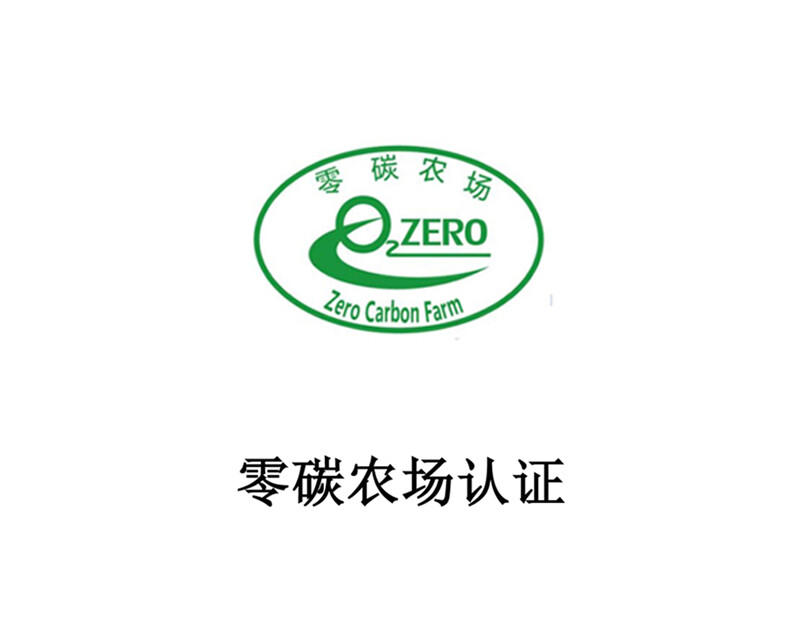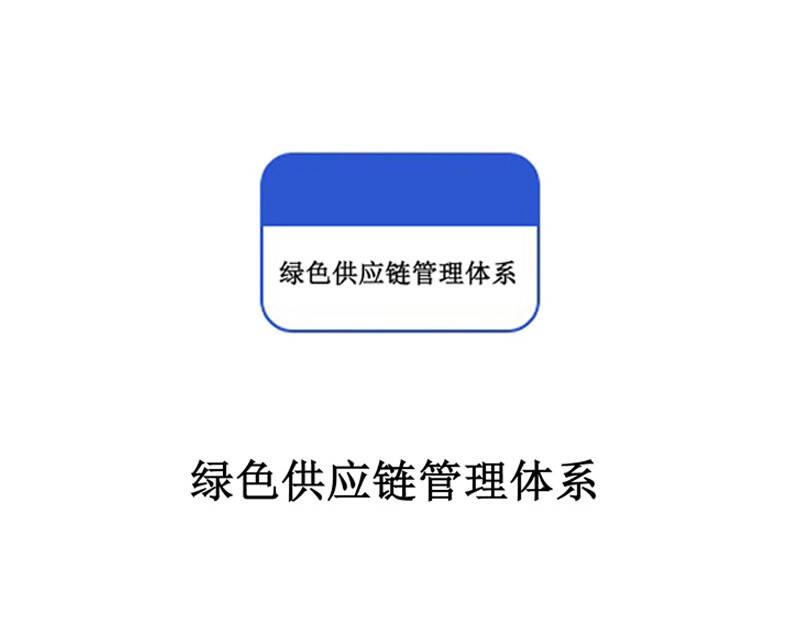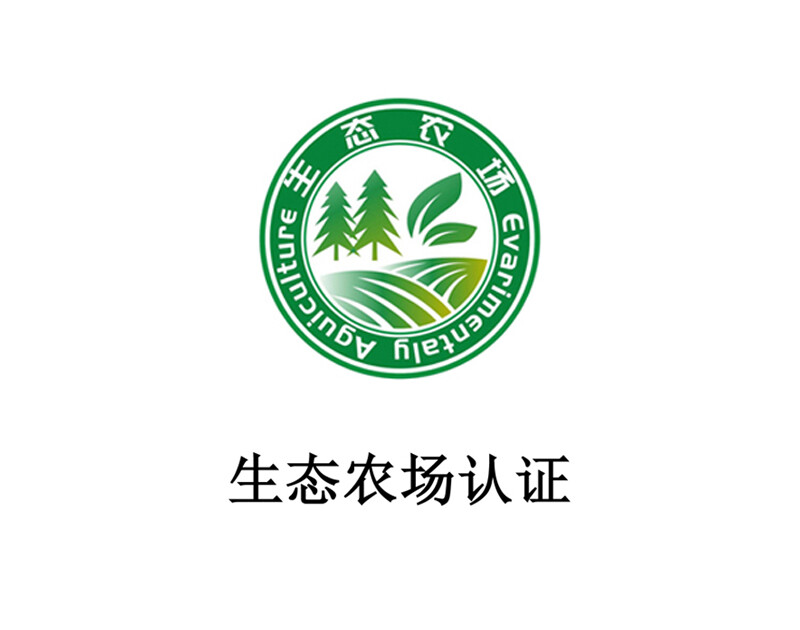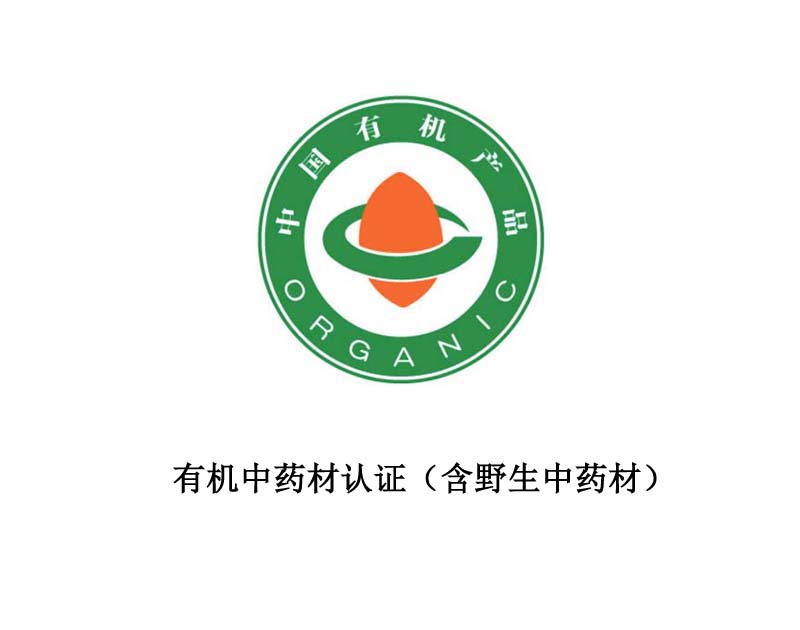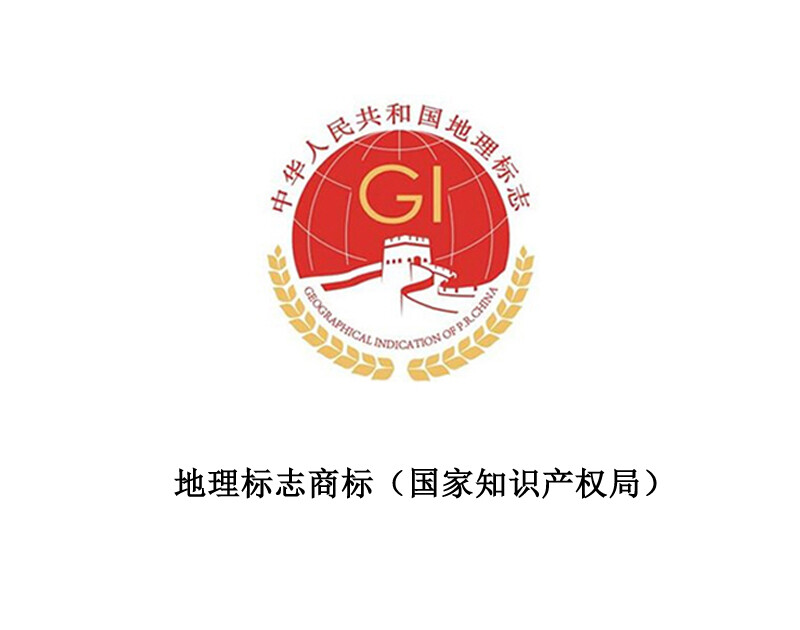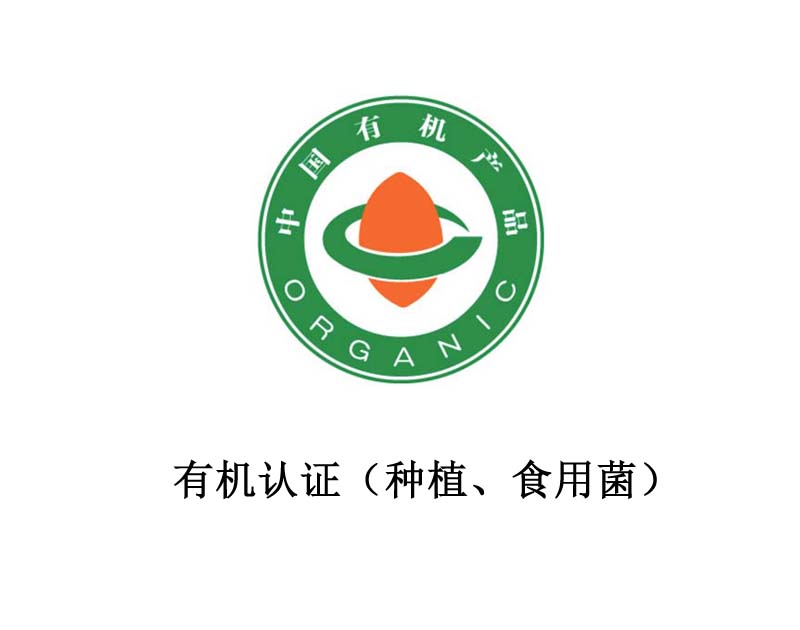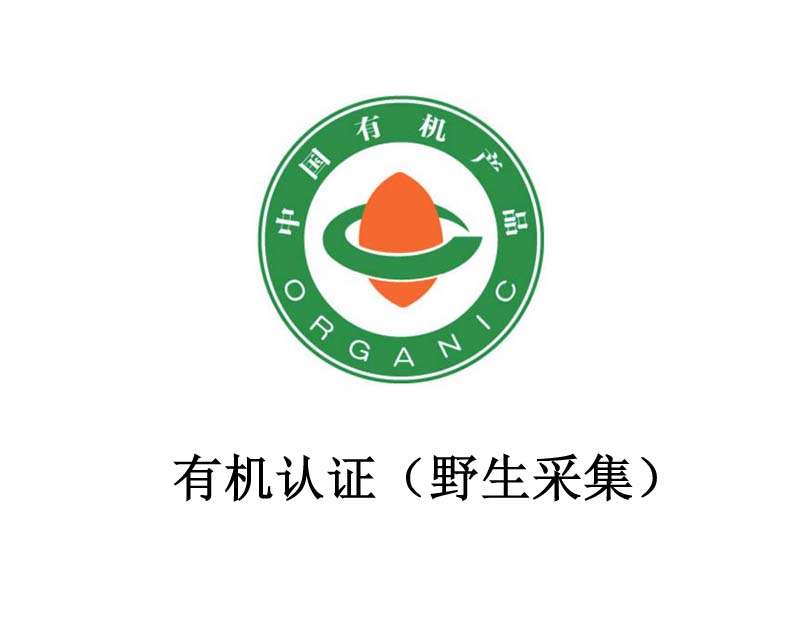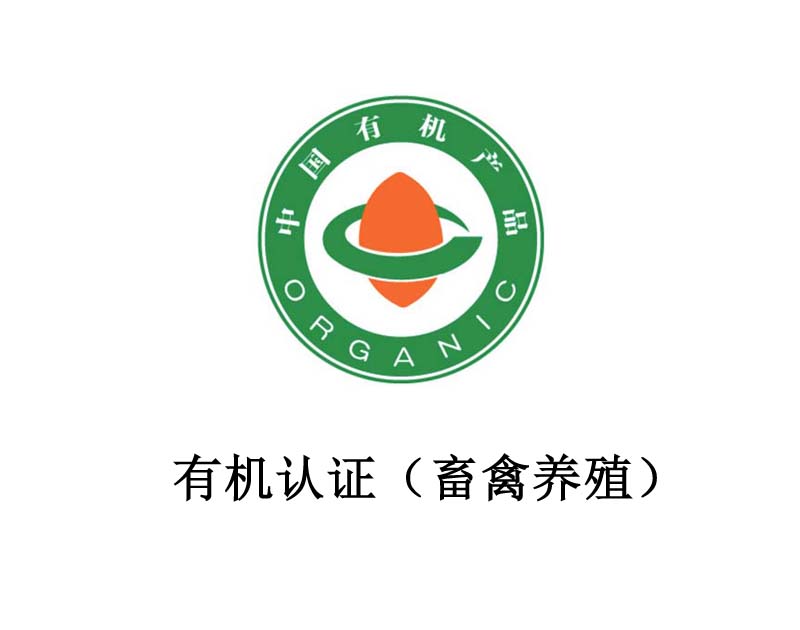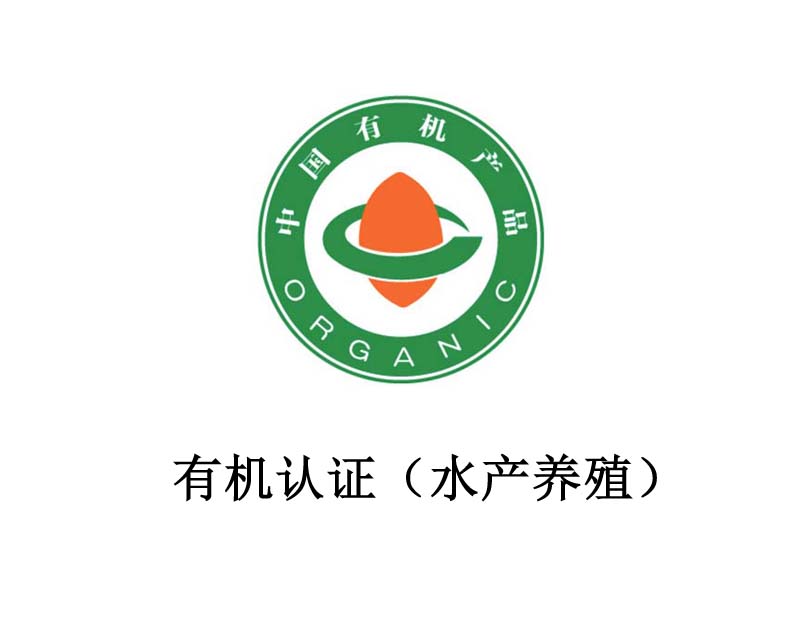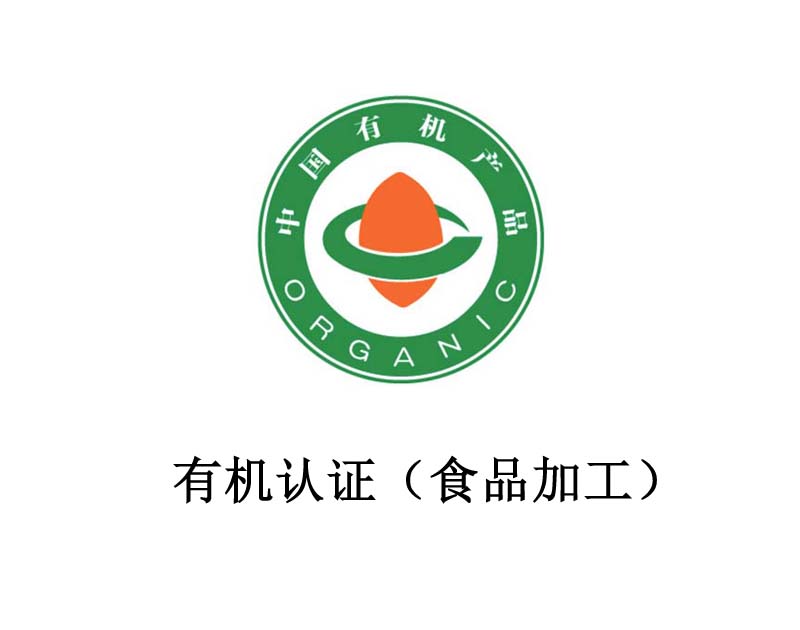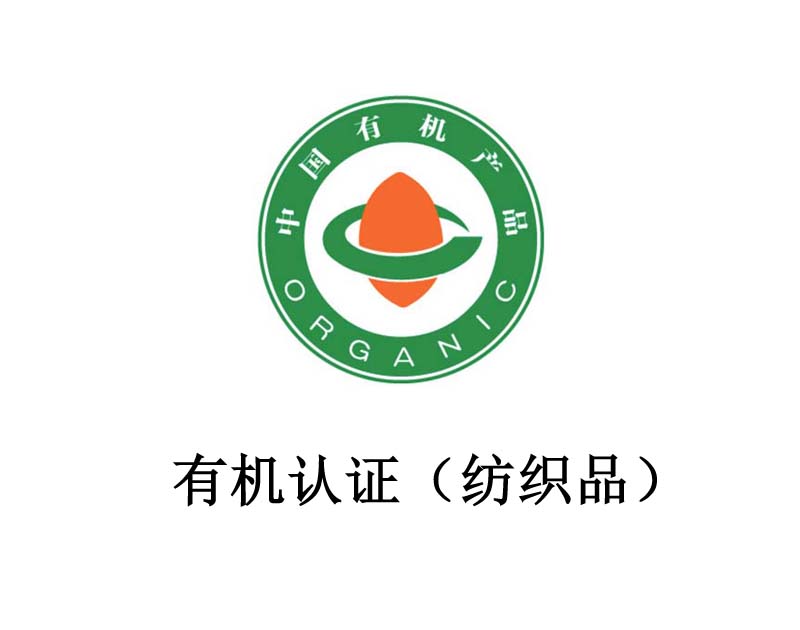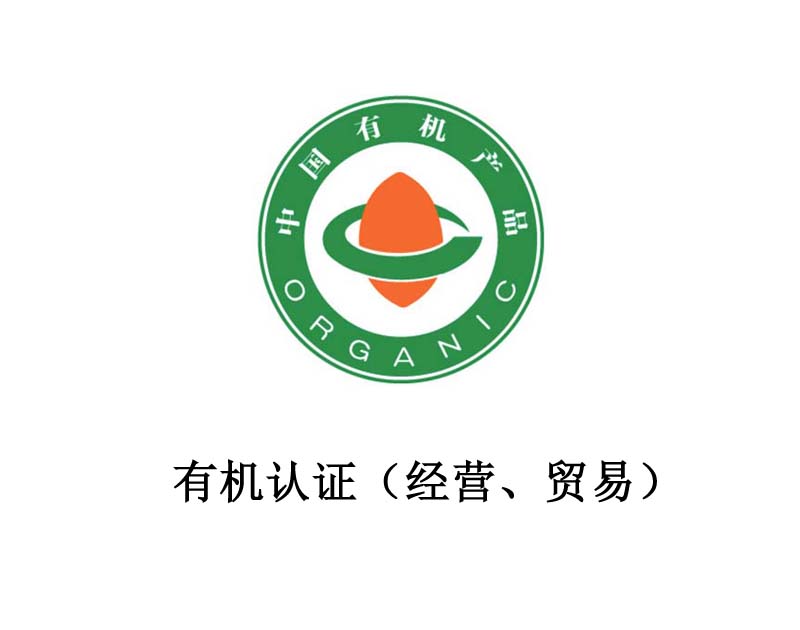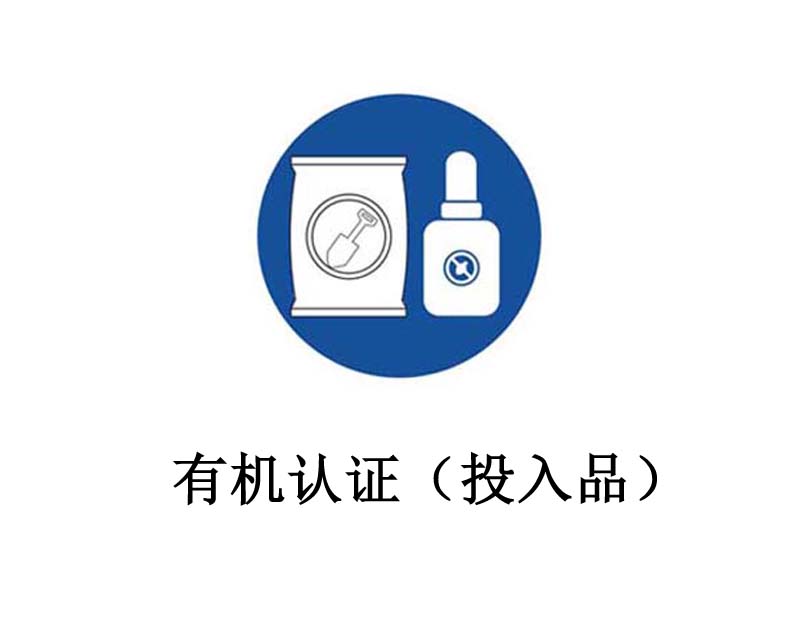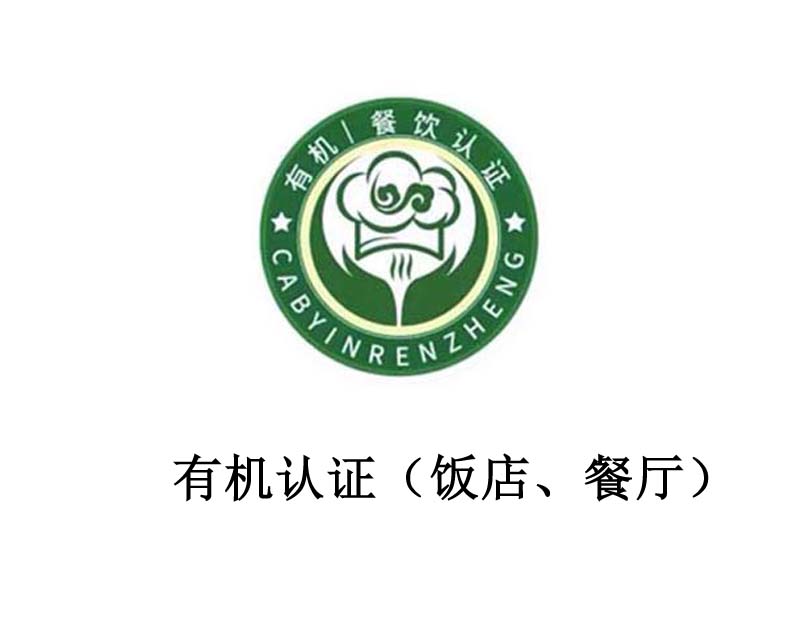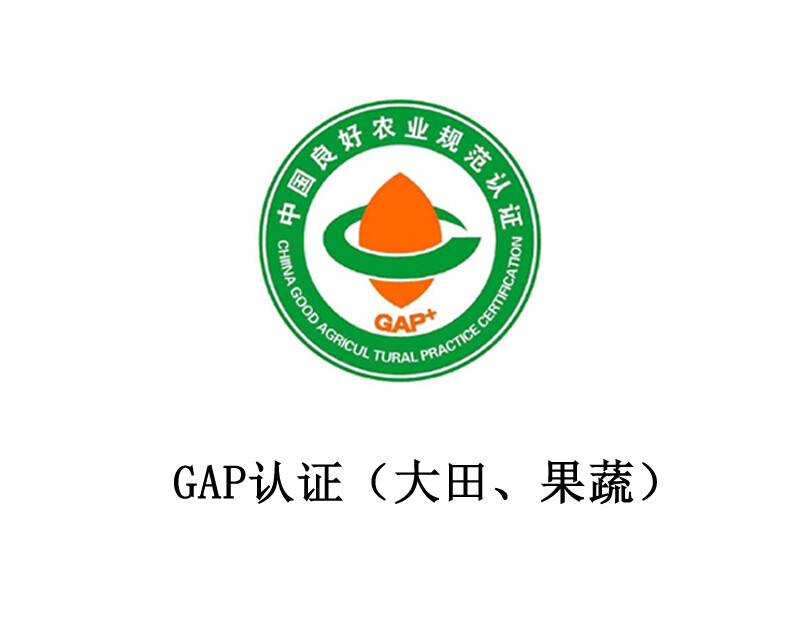Agricultural Product Food Certification Service Network
Technical Support: China Green Huaxing (Beijing) Agricultural Research Institute
Copyright: Guohuan Organic Agricultural Products (Dezhou) Co., Ltd
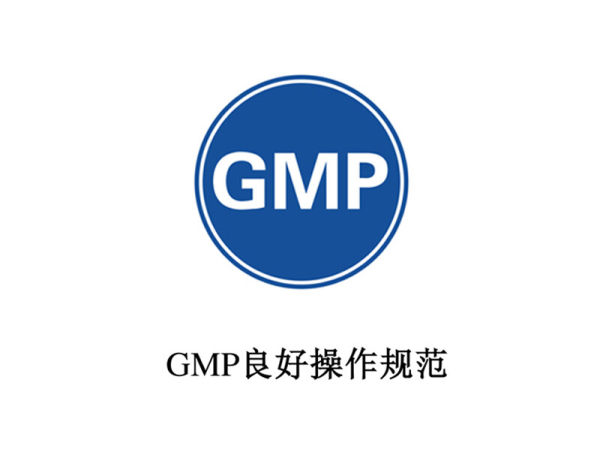
What is GMP certification
GMP Good Manufacturing Practice, also known as CGMP, C stands for Current, which means good on-site production practice.
GMP regulates enterprises in different industries from aspects such as factory site selection, factory buildings, equipment, facilities, personnel, raw materials and auxiliary materials, production/operation processes, inspection, storage, transportation, complaints, recalls, product information, and training, to help enterprises form good production and operation standards to ensure product quality, safety, and suitability for consumption.
In the food and cosmetics industries, GMP is a voluntary certification for companies.
Good Manufacturing Practice for Dairy Products
In 2008, the Shijiazhuang Sanlu milk powder food safety incident broke out, which aroused great concern of the whole society about food safety. In order to actively respond to the "milk powder incident", promote the healthy development of China's dairy industry, and ensure the quality and safety of dairy products and other foods, the State Council and relevant departments organized the compilation of the "Dairy Quality and Safety Supervision and Management Regulations", which was promulgated on October 9, 2008. On November 19, 2008, the National Development and Reform Commission and 13 other ministries and commissions jointly issued the "Outline of the Dairy Industry Rectification and Revitalization Plan". In both documents, it is mentioned that food safety can be further improved by carrying out GMP and HACCP certification for dairy-related enterprises.
GMP+ certification for the feed industry
With the development of the breeding industry, there are more and more food safety issues related to the feed industry. For example, abuse of antibiotics, clenbuterol, Sudan red and melamine. People are paying more and more attention to the control of the feed industry at the front end of the food chain. The GMP certification of the feed industry has been highly valued by developed countries and regions such as the United States and the European Union. Some well-known Chinese companies have joined the ranks of GMP certification in the feed industry. GMP certification in the feed industry has become a useful tool for enterprises to standardize production/operation, prove their capabilities and enhance public confidence.
Benefits of GMP Certification
· Prove the company's management capabilities in product quality and safety assurance
· Help employees develop good production/operation habits
Reduce the company's risk in product quality and safety
· Timely discover production and management problems to reduce costs
Better understand and meet the requirements of relevant laws and regulations
Enhance international credibility and public image
Increase customers’ long-term confidence in the company
GMP certification process:
1. Fill in the application form and enterprise information questionnaire; submit copies of business license, organization code certificate and other necessary qualification certificates such as licenses; submit the required management documents, enterprise plant map and floor plan;
2. Sign the certification contract;
3. Implement the first phase of the audit, namely on-site assessment and document review;
4. After the problems found are improved (if any), the second stage of audit will be implemented;
5. Supervision and audit;
6. Review (the certificate is valid for 3 years).
